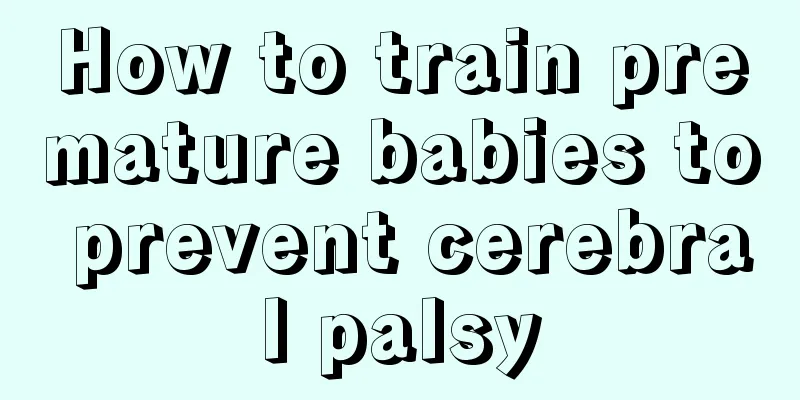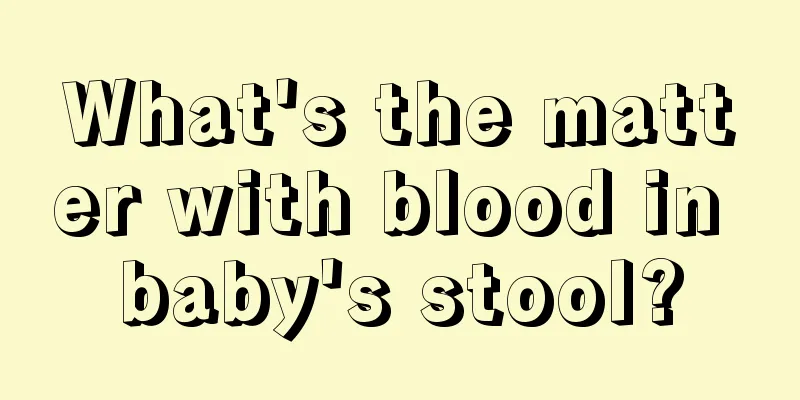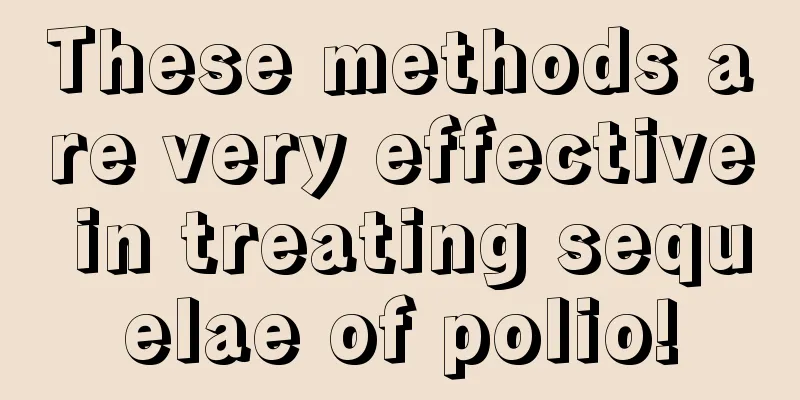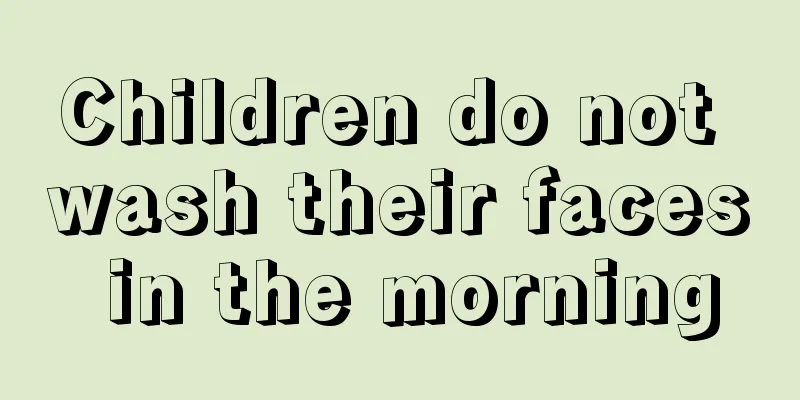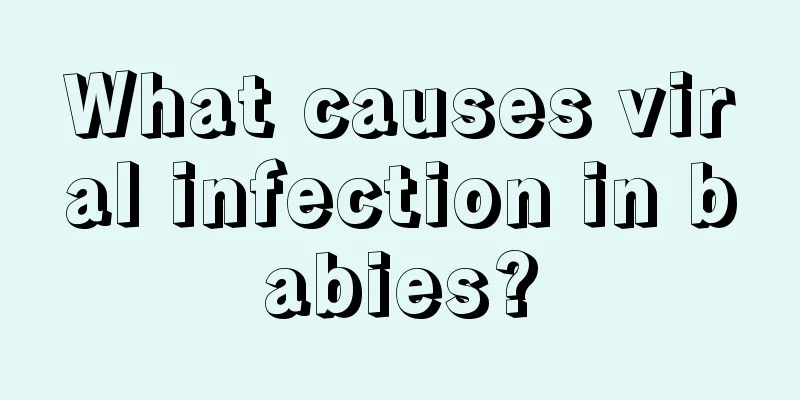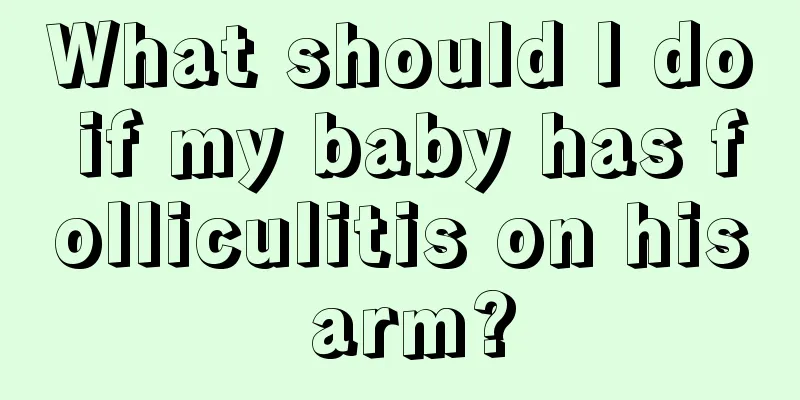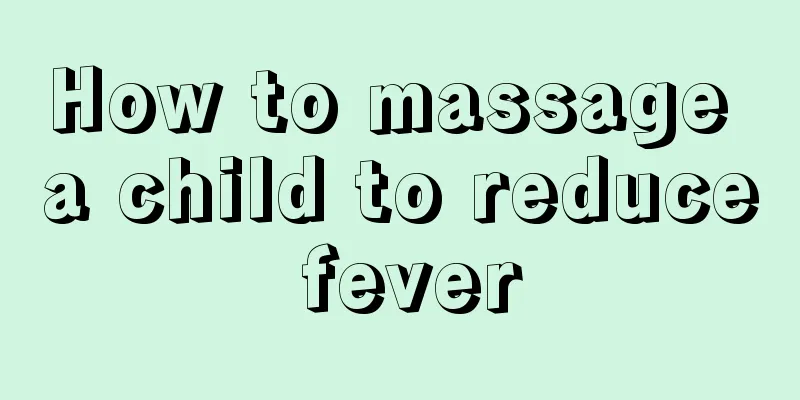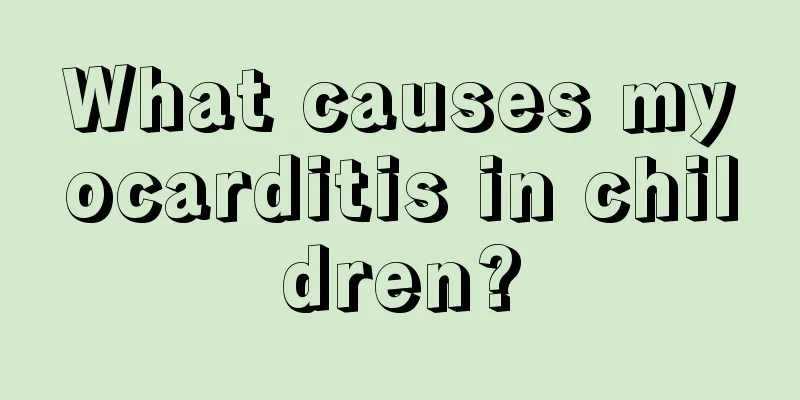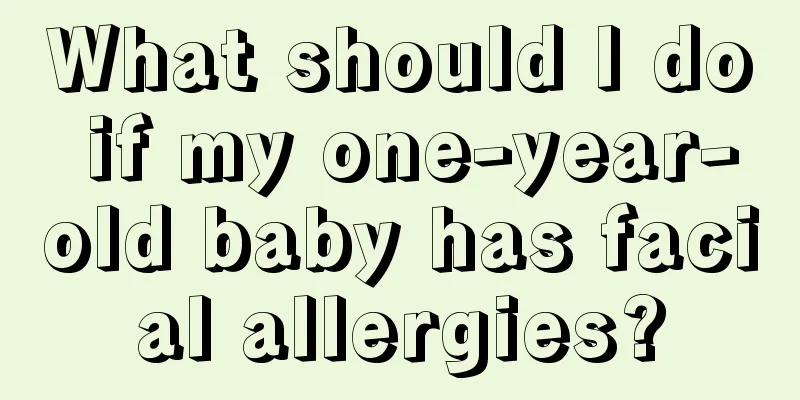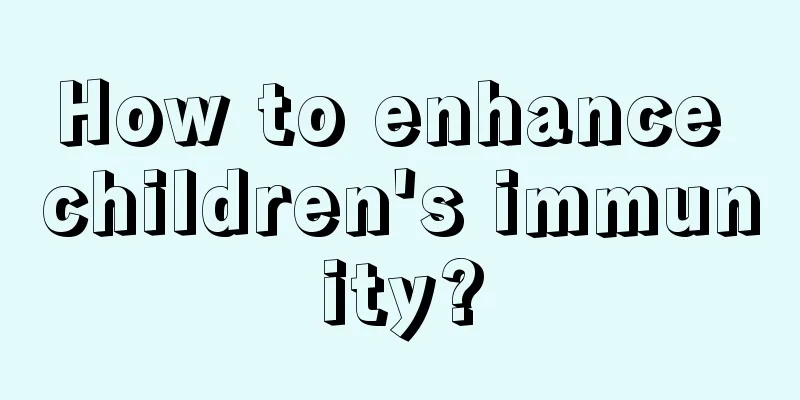Children with high fever have convulsions
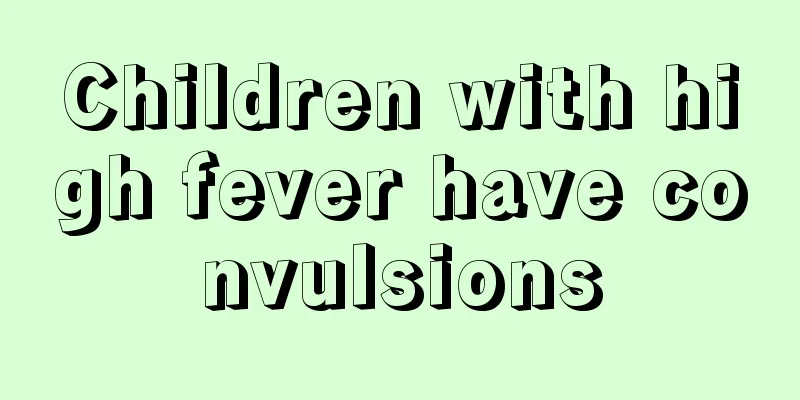
|
In addition to the symptom of high body temperature, a child's high fever can also cause a series of complications. For example, convulsions are a symptom that many children with high fever will experience. Febrile convulsions are generally divided into two types: infectious convulsions and non-infectious convulsions. For febrile convulsions, parents must provide timely care to prevent the condition from further deteriorating and posing a greater threat to the child's health. 1. Causes of febrile convulsions The causes of childhood convulsions can be divided into two categories: infectious (febrile convulsions) and non-infectious (afebrile convulsions) according to the presence or absence of infection. According to the site of involvement of the lesion, it is divided into intracranial and extracranial types. (1) Infectious convulsions (febrile convulsions) 1. Intracranial diseases and viral infections such as viral encephalitis and Japanese encephalitis. Bacterial infections such as purulent meningitis, tuberculous meningitis, brain abscess, and venous sinus thrombosis. Fungal infections such as cryptococcal meningitis. Parasitic infections such as cerebral cysticercosis, cerebral malaria, cerebral schistosomiasis, cerebral paragonimiasis, and toxoplasmosis. 2. Extracranial diseases include high fever convulsions, toxic encephalopathy (severe pneumonia, whooping cough, toxic dysentery, sepsis as primary diseases), tetanus, etc. (ii) Non-infectious convulsions (afebrile convulsions) 1. Intracranial diseases and craniocerebral injuries such as birth injuries, brain trauma, neonatal asphyxia, and intracranial hemorrhage. Abnormal brain development such as congenital hydrocephalus, cerebrovascular malformations, macrocephaly (microcephaly), cerebral palsy and neurocutaneous syndrome. Intracranial space-occupying diseases such as brain tumors and brain cysts. Epileptic syndromes such as grand mal seizures and infantile spasms. Brain degenerative diseases such as demyelinating encephalopathy and macular degeneration. 2. Extracranial diseases Metabolic diseases such as hypocalcemia, hypoglycemia, hypomagnesemia, hyponatremia, hypernatremia, vitamin B1 or B6 deficiency, etc. Genetic metabolic diseases such as glycogen storage disease, galactosemia, phenylketonuria, hepatolenticular degeneration, and mucopolysaccharidosis. Systemic diseases such as hypertensive encephalopathy, uremia, heart rhythm disorders, severe anemia, food, drug or pesticide poisoning, etc. 2. The main manifestations and symptoms of febrile convulsions Most of the symptoms are that the child suddenly loses consciousness and does not respond to the adults' calls; The whole body becomes stiff, the limbs begin to shake rigidly, groaning, and incontinence also occurs; The eyes may move or stare erratically, and the teeth may clench. If your child has a seizure for the first time, or if it lasts more than 5 minutes and shows no signs of stopping, it is important to seek medical attention. 3. Emergency treatment and care of febrile convulsions Don't hold on to sweat and dissipate heat in time. If the body temperature exceeds 39°C, use rectal antipyretic suppositories instead of oral antipyretics. Place your child in a safe and comfortable place where he or she will not fall or bump into hard, sharp objects. Let your child lie on his side, clear foreign objects from his mouth, and prevent choking caused by saliva and vomit. If the attack lasts for more than 5 minutes or the patient is unconscious after the attack, seek medical attention as soon as possible. |
<<: What are the symptoms of backworms in children?
>>: First aid for children with a persistent high fever of 40 degrees
Recommend
What to do if a 5-month-old baby has diarrhea
Children have relatively poor immunity before the...
What should I do if a seven-year-old child has a cough?
People of all ages usually have symptoms of cough...
What to do if your one-year-old baby has hemorrhoids
For mothers, their babies are the treasures in th...
What’s wrong with the small bumps and rice grains on the back of a child’s hands?
Children's skin is very delicate, so they are...
What medicine should my child take if he has a bloated stomach and fever?
Abdominal bloating is a very common phenomenon in...
What should I do if my baby cries after pooping?
When mothers are helping their babies poop, have ...
What to do if your child keeps vomiting
Why do children always vomit? Children's body...
What to eat to supplement zinc for babies who are zinc deficient
In life, although everyone knows that zinc defici...
What fruits should babies eat if they are zinc deficient?
In life, a variety of fruits can supplement the b...
Pharyngeal herpes in children
Herpetic pharyngitis in children is an oral disea...
What is the cause of alopecia areata in children?
Hair is very important to everyone, because hair ...
What food is best for children to nourish their brains?
We all know that pregnant women should generally ...
Can babies eat leeks? Eating right is important
For adults, leeks have always been a very good fo...
Causes and treatment of decreased appetite in newborns
There are many reasons for the decreased appetite...
What are suitable clothes for babies in summer?
A newborn's skin is very delicate and can be ...
